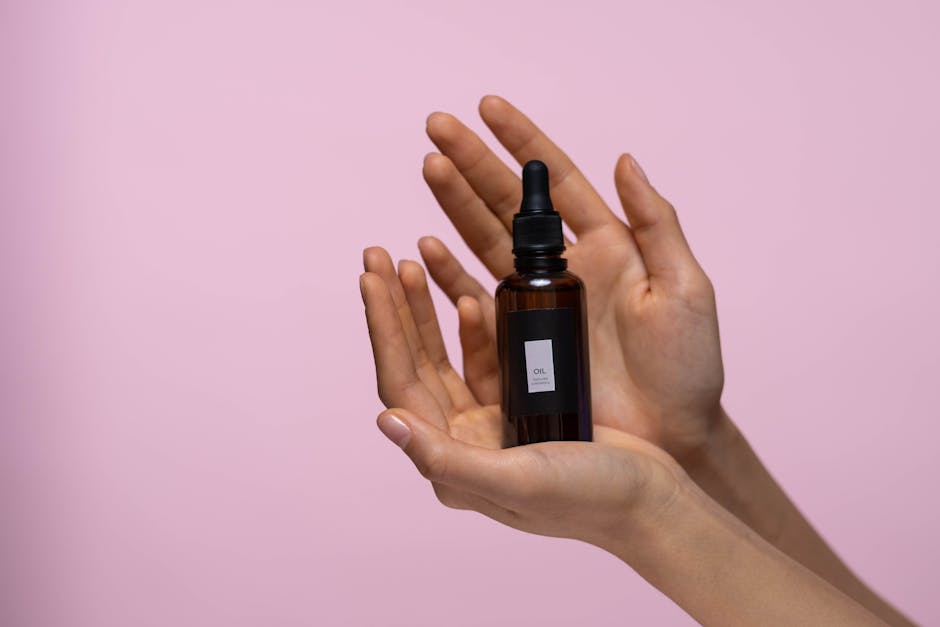
The Role of Allies in Advancing LGBTQ+ Equality
June is Pride Month, a time to celebrate the LGBTQ+ community and reflect on the progress made towards equality. While LGBTQ+ individuals have been at the forefront of advocating for their own rights, allies also play a crucial role in advancing LGBTQ+ equality.
An ally is someone who supports and advocates for members of a marginalized group, even if they do not belong to that group themselves. In the context of the LGBTQ+ community, allies are heterosexual and cisgender individuals who actively work towards creating a more inclusive and accepting society.
One of the key roles of allies is education. They educate themselves about LGBTQ+ history, issues, and terminology to become better informed and understanding. This knowledge allows them to engage in meaningful conversations, challenge stereotypes, and debunk myths.
Allies can also use their privilege and social influence to amplify the voices of LGBTQ+ individuals. They can speak out against discrimination, promote LGBTQ+-friendly policies in their workplaces, schools, and communities, and ensure that LGBTQ+ voices are represented and heard. By using their platform for advocacy, allies help to create societal change and break down barriers.
Showcasing allyship goes beyond verbal support. Allies actively demonstrate their support through their actions, such as attending LGBTQ+ events, participating in Pride parades, and wearing LGBTQ+-themed clothing or accessories. By visibly standing with the LGBTQ+ community, allies help to create a sense of belonging, acceptance, and support.
Creating safe spaces is another vital role of allies in advancing LGBTQ+ equality. Allies can help establish inclusive environments where LGBTQ+ individuals feel comfortable being themselves. This can be through implementing inclusive policies, supporting LGBTQ+ organizations and resources, and challenging discriminatory behavior and language.
Being an ally is an ongoing, active process. It requires learning, introspection, and support. Allies should be open to feedback, willing to learn from their mistakes, and continuously strive to be better allies. By doing so, they contribute to a more inclusive society and help advance LGBTQ+ equality.
Power-of-LGBTQ+-Allies:-Making-a-Difference
Advocacy-and-Support:-Empowering-LGBTQ+-Equality
The-Impact-of-Allies-in-the-LGBTQ+-Movement
Amplifying-LGBTQ+-Voices:-Collaboration-and-Solidarity *Bonus-tangent-keywords*: --Shifting-Paradigms:-Rethinking-Gender-Norms --Breaking-Barriers:-LGBTQ+-Representation-in-Media
